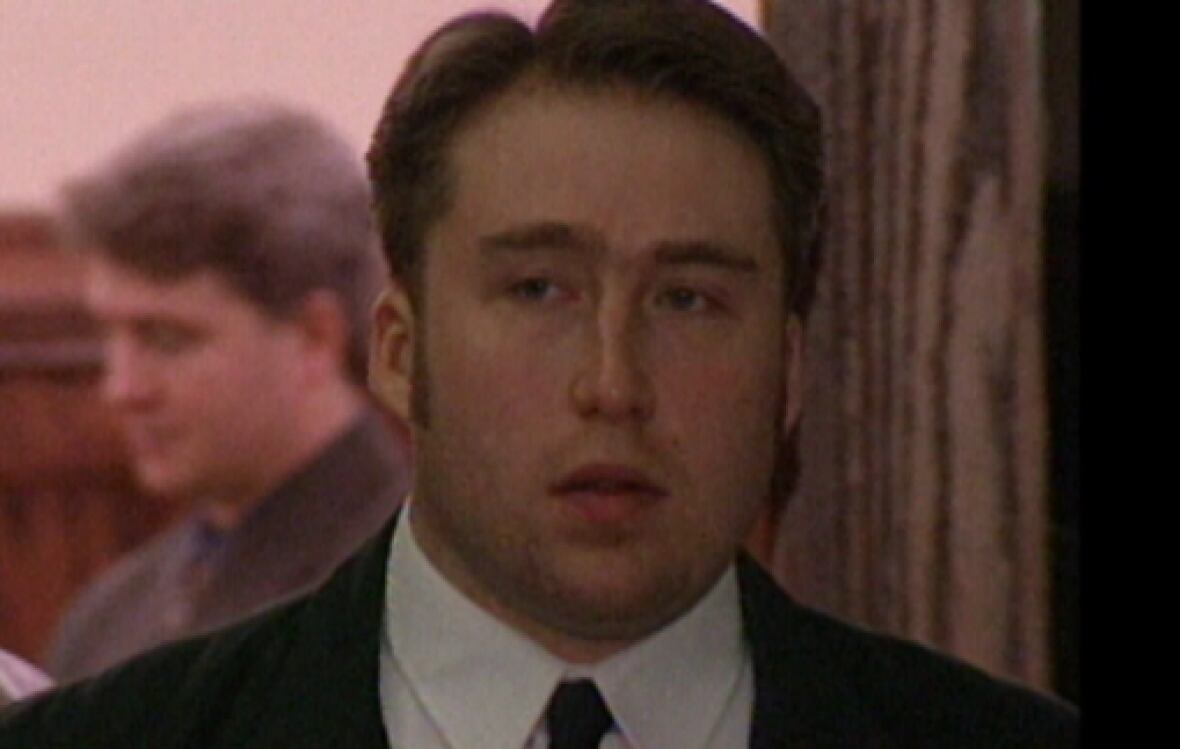Why was sexual predator William Shrubsall paroled?
Shrubsall could've stayed behind bars in Canada for an indeterminate amount of time but now he's in the U.S.

It's a question with no easy answer: Why was sexual predator William Shrubsall paroled?
His victims, Nova Scotia's justice minister, the Crown attorney who prosecuted Shrubsall and the lead detective who worked his case have all expressed outrage about the decision, but no official explanation has been offered to justify the controversial move.
After fleeing the U.S. in 1996 while on trial for sexually assaulting a teenage girl, Shrubsall lived in Halifax under different aliases where he committed a string of violent crimes and brutal sex assaults and stalked an ex-girlfriend before being apprehended in June 1998.
He was designated as a dangerous offender in 2001 and was given an indeterminate prison sentence.
But last week, the 47-year-old was deported from Canada and turned over to American authorities. He's back in prison serving time for the sexual assault in the 90s and is facing a trial for jumping bail, but could be eligible for parole in less than five years.
A high risk to reoffend
In making its decision to grant Shrubsall parole, the Parole Board of Canada said it considered factors such as the "extreme violence" associated with his crimes, the sexual component present in certain cases and the harm inflicted, and weighed it against things such as his "satisfactory" institutional behaviour, completion of core programming and ongoing counselling.
"The psychologist concluded that you continue to present as a high risk to reoffend sexually and that there is no institutional programming that would reduce your risk to a point where it would be manageable in the community," reads the November 2018 decision.

Inquiries by CBC News to the Parole Board of Canada, the federal Justice Department and Public Safety Canada failed to produce a clear answer on why Shrubsall was paroled.
In an email, parole board spokesperson Holly Knowles said the specifics of an offender's case could not be discussed.
"As with all Parole Board of Canada decisions, the protection of society is the paramount consideration and the circumstances under which the offender is to be released is carefully considered in the overall risk assessment," she wrote.
No one talking
A request to interview the federal justice minister on the matter was denied. Department spokesperson Célia Canon instead suggested contacting Public Safety Canada Minister Ralph Goodale's senior communication adviser, Scott Bardsley.
In an email, Bardsley said Goodale was unavailable for an interview "due to the pressures on his time."
Bardsley also said it would not be appropriate to comment on the case.
"To obtain the rationale for the decision, please contact the parole board," he wrote.
'They've removed the problem to another jurisdiction'
One former victim of Shrubsall's said she was told by a federal politician the parole decision was made for financial reasons. The victim, known only as T.C., cannot be identified due to a publication ban.
Lubomyr Luciuk, a professor at the Royal Military College in Kingston, Ont., who previously sat on the parole board for a three-year term, disputes that. He said parole board members are specifically trained that cost is not a consideration in the decision-making process.
Luciuk was not involved in any of Shrubsall's five parole decisions.
He said parole board members must think about whether a person can be safely reintegrated into the community and under what conditions. If this threshold can't be met, he said the parole board has to say no.
"In a sense, they've removed the problem to another jurisdiction," Luciuk told CBC Radio's Mainstreet.
"We were trained as members of the board not to do that in the sense that we would never deport someone to another country if we were not certain that the kinds of conditions and restrictions that we would want imposed on an individual like that here would be followed somewhere else."
Shrubsall, who changed his name in prison to Ethan Simon Templar MacLeod, returns to court in Lockport, N.Y., on March 21.
With files from CBC Radio's Mainstreet

